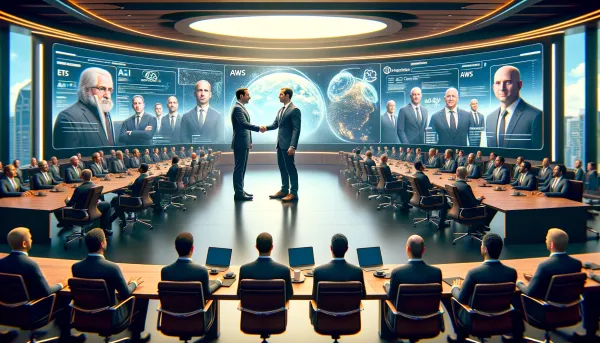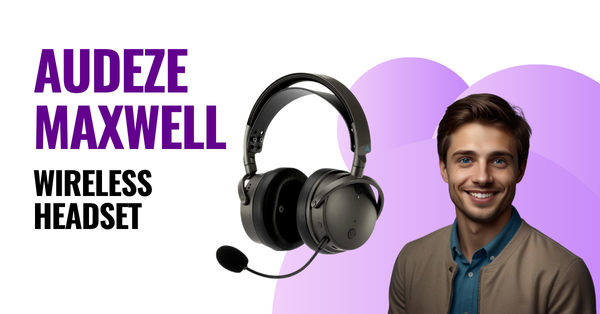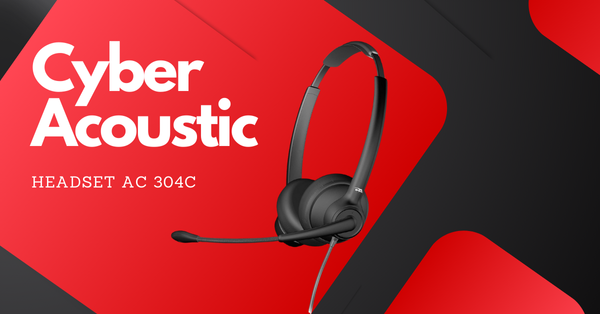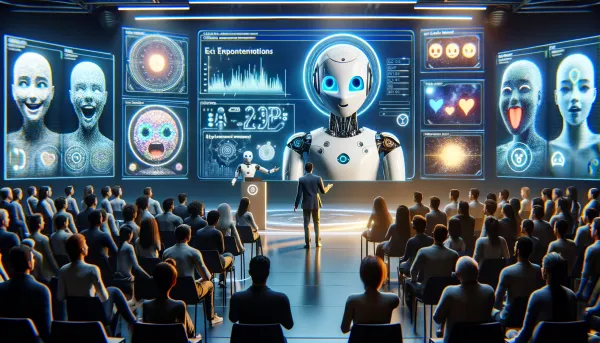Code of Contention: Stack Overflow Community Reacts to OpenAI Partnership
Stack Overflow's new OpenAI deal sparks user backlash, questioning content usage ethics in AI's era. Will technology respect contributor rights?
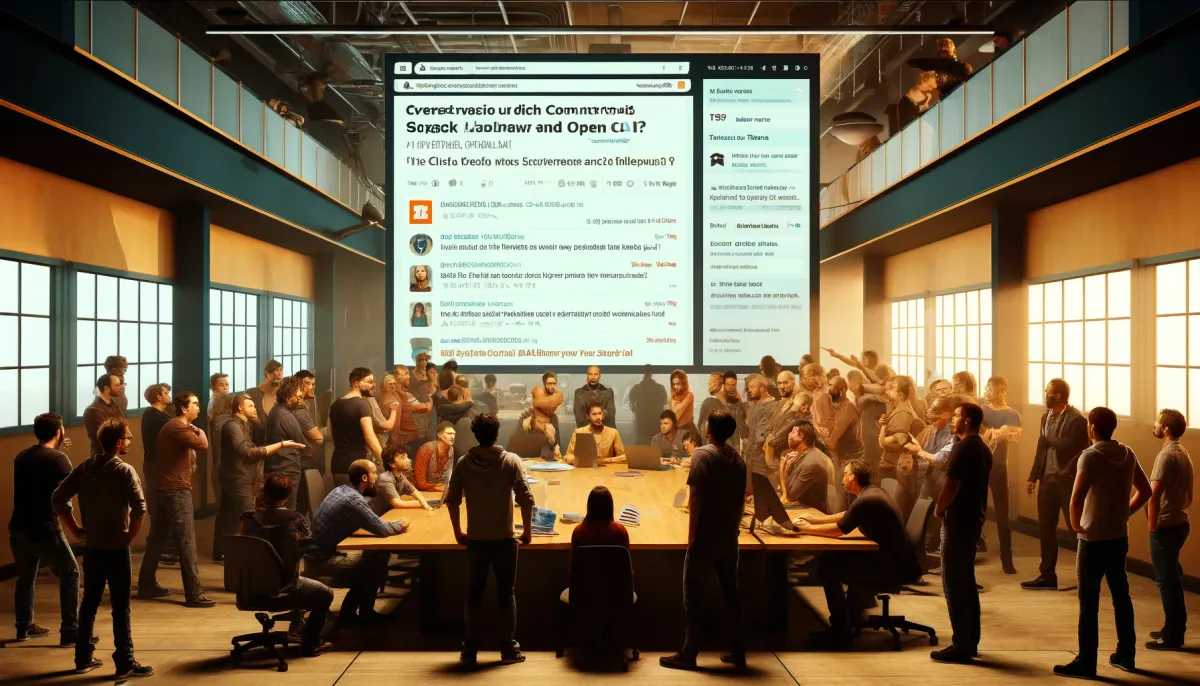
The Heart of the Conflict: Stack Overflow's Deal with OpenAI
This week, a groundbreaking partnership was announced between Stack Overflow and AI titan OpenAI, unveiling plans to integrate Stack Overflow's extensive technical Q&A content with OpenAI's ChatGPT. This collaboration aims to enhance ChatGPT's capabilities by allowing it to leverage authenticated content directly from Stack Overflow's rich repository, which has been a pivotal resource for developers worldwide for over a decade.
User Backlash: A Battle Over Content and Control
However, the deal, perceived as a coup in tech circles, has not been warmly received by a significant segment of Stack Overflow's user base. Concerns quickly surfaced about the ethical implications of using community-contributed content to train commercial AI models without explicit consent from its original authors. A vocal group of users started altering or deleting their contributions in protest, underpinned by a deep-seated feeling of betrayal—a sentiment encapsulating the broader unease about AI technologies and their encroachment on individual and community rights.
Understanding User Discontent
The crux of the discontent lies in how the content, voluntarily shared by users to aid peers, is now being used to train AI without a clear opt-out mechanism. This action feels to many like a unilateral decision that disregards the community's role and rights, prompting actions that range from defacing their own posts to outright deleting significant contributions. One user expressed their frustration on a sister site, stating their intention to delete or deface answers as a form of protest against what they view as Stack Overflow's dismissive policies towards community stakeholders.
Corporate Response and Community Moderation
In response, Stack Overflow has begun enforcing its terms of service more stringently. This enforcement includes suspending accounts of users who modify content to include protest messages and reverting changes made to posts. This has escalated tensions, painting a complex picture of governance where community-generated content becomes a corporate asset, locked in by terms of service that claim perpetual reuse rights under a Creative Commons license.
Broader Implications and Ethical Considerations
This situation highlights a pivotal ethical question in the age of AI: who truly owns user-generated content, and how should it be used? While Stack Overflow legally owns the posts under its terms, the moral rights of content creators remain a contentious issue. The integration of this content into AI models like ChatGPT, without clear compensation or the ability to opt-out, raises significant concerns about the future of collaborative platforms and user agency in the digital age.
Looking Ahead: Navigating the Challenges
As the technology landscape continues to evolve, the relationship between AI companies and content creators will necessitate clearer guidelines and more transparent communication. For Stack Overflow and OpenAI, addressing these community concerns will be crucial in maintaining trust and ensuring that collaborative efforts do not undermine the very ecosystems they aim to support.
A Call for Community-Centric Innovation
It is imperative for tech communities to reflect on these developments. How can we ensure that technological advancements do not come at the expense of community trust and contributor rights? Engaging in open dialogues about the ethical use of crowd-sourced content in AI development could set precedents that honor both innovation and individual contributions. As users and creators, it is our responsibility to advocate for practices that respect our contributions and foster a balanced relationship with technology.
Conclusion: Balancing Innovation with Integrity
The unfolding events between Stack Overflow and its users present a microcosm of the larger challenges faced by technology platforms worldwide. As we march towards increasingly AI-driven futures, balancing innovation with ethical considerations and user rights will be more critical than ever. Watching how Stack Overflow and OpenAI navigate these troubled waters will provide valuable lessons for all stakeholders in the tech ecosystem.

